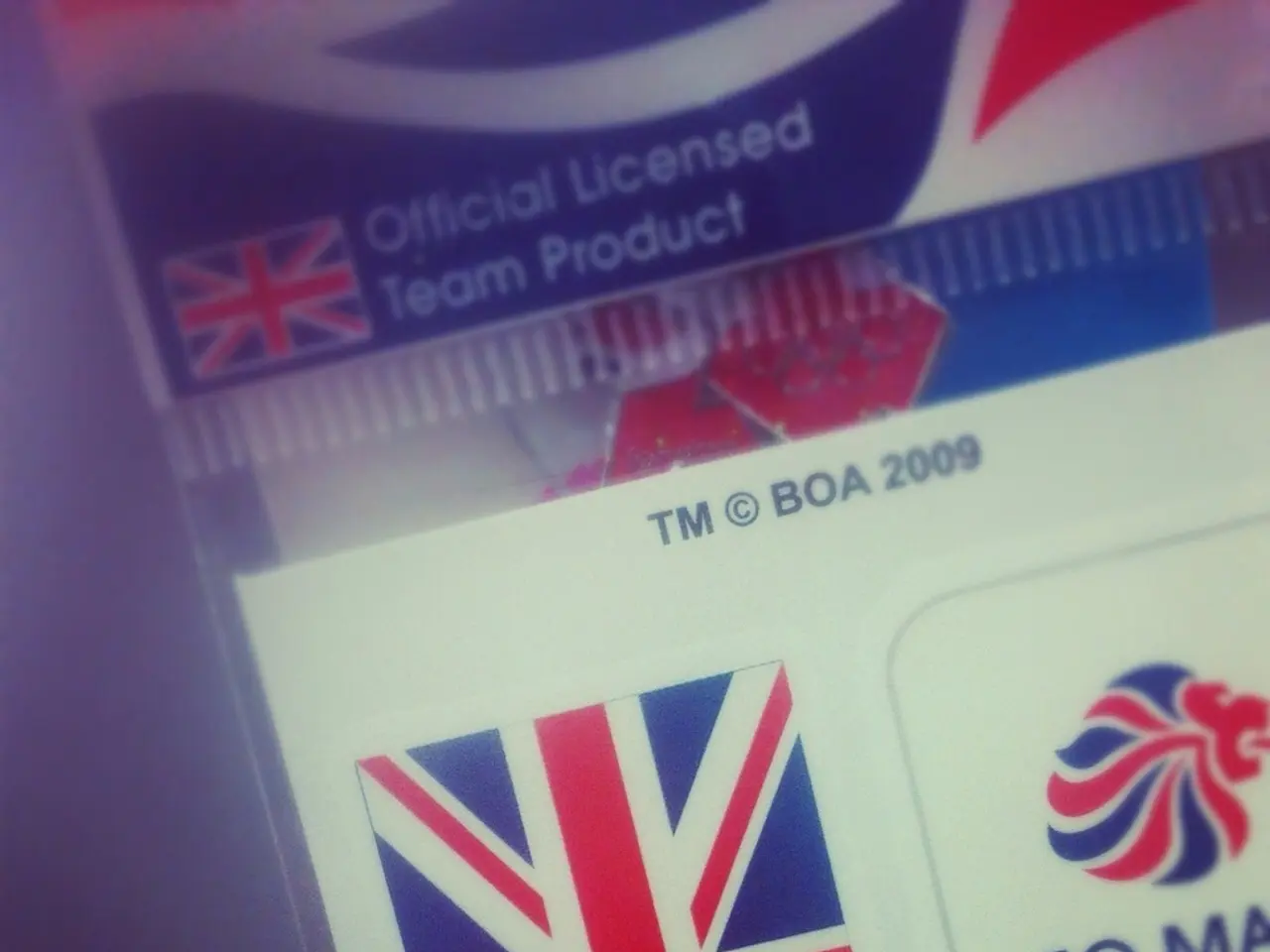VPN service Proton surges in the UK app rankings following the launch of age verification for pornographic content
The UK's Online Safety Act, designed to protect minors from accessing harmful or adult content online, has sparked a significant increase in the use of virtual private networks (VPNs), particularly Proton VPN.
Starting July 25, 2025, the number of UK sign-ups for Proton VPN skyrocketed by over 1,400%, according to reports[1][2][3][4]. This surge can be attributed to users seeking to bypass the Online Safety Act's mandatory age verification requirements.
VPNs like Proton VPN mask users' IP addresses and geographical locations, making it appear as if they are browsing from countries where such age checks and restrictions do not apply. This allows UK users to circumvent the identity verification process, preserving anonymity and avoiding sharing sensitive personal data[3][4].
The rise in VPN usage raises concerns about the practical effectiveness of the Online Safety Act. It complicates enforcement efforts since VPNs can obscure user location and identity, undermining the intended protective measures for minors[3][4].
For tech companies and platforms, the Online Safety Act's strict age verification requirements have sparked user privacy concerns and contributed to shifts in user behavior, such as increased VPN use. VPN providers may see sustained growth in users seeking privacy and censorship circumvention[1][2].
There could be a need for enhanced detection of VPN traffic or revised strategies for compliance, balancing regulatory demands and user privacy[1][2].
The surge in Proton VPN sign-ups is not only a challenge for lawmakers aiming to protect minors online but also for platforms tasked with implementing the new regulations. Nigel Farage, leader of the right-wing political party Reform UK, has pledged to repeal the Online Safety Act, labeling it "authoritarian" and a threat to free speech[5].
A parliamentary review has been triggered by a petition with over 350,000 signatures to overturn the Online Safety Act[6]. Criticism of the Act has also come from political quarters, with calls for its repeal[7].
References:
- BBC News
- The Guardian
- ESET
- Internet Matters
- Reform UK
- Change.org
- The Independent
- The rising demand for VPN services like Proton VPN, driven by concerns over cybersecurity and privacy, poses a challenge for tech companies and platforms in maintaining compliance with the Online Safety Act's age verification requirements.
- The increasing use of VPNs to bypass identity verification processes and access content not subject to the Online Safety Act's restrictions demonstrates the need for technology companies to reconsider their strategies in maintaining a balance between user privacy, censorship circumvention, and regulatory compliance.




